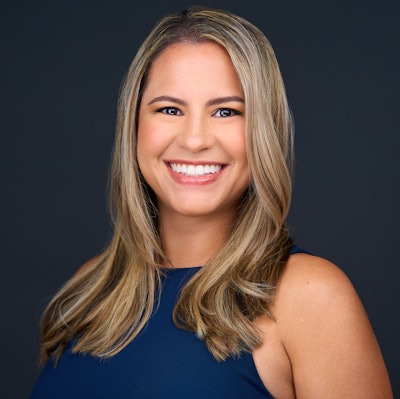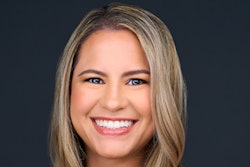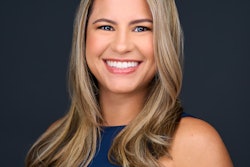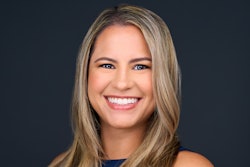
When getting paid for material upgrades for restoratives, prosthodontics, fixed procedures, etc., think again before you count your gold.
Recently, a social media group question asked how to charge for upgrades as the cost of gold rises. For an out-of-network provider, the answer is easy: You increase your crown fee to include the price of gold. The crown fee is global, and the extra gold is not unbundled.
How does the ADA classify dental materials?
The ADA classifies dental materials solely to aid in selecting a procedure code applicable to the service provided (ADA Council on Scientific Affairs, 2003). The classification of metals, alloys, porcelain/ceramic, resin, and the content requirement in dental restorations are documented in the Code on Dental Procedures and Nomenclature (CDT Code), Section 1, Page 2.
For in-network providers, the answer to charging for upgrades is typically a resounding "You can't." Most preferred provider organization (PPO) dental contracts prohibit the doctor from charging upgrade fees.
Understanding these contracts is crucial, as they dictate your practice's financial policies. If it's not in the contract, insurers cite the Provider Manual. The Provider Manual is a document issued by dental insurance companies that is a comprehensive guide outlining the policies, procedures, and guidelines for dental professionals participating in the insurance network. Many dentists try to circumvent this with waivers and perceived loopholes, but in a deposition, the contract is king.
Here is what you need to know.
D2740 -- Crown - porcelain/ceramic
Zirconia, Emax, Cerasmart, and Empress are all ceramic substrates and hybrids with composite or glass and must be coded as D2740. (There is no option to upgrade for any of those materials.)
D2790 -- Crown - full-cast high-noble metal (full gold crown)
You cannot charge more than your contracted rate if you're in network. You're contractually obligated to accept the fee that comes with it regardless of the cost of gold.
If you decide to stay in network, you cannot charge lab fees to patients unless their specific insurance policy allows it. However, you can charge an upgrade fee based on additional aesthetics (optional) not covered under the definition of code D2740 or D2790.
This additional cosmetic/aesthetic fee would be a separate charge from you or your lab for particular shading, unnatural anatomy, or bedazzling of the crown unrelated to function or natural anatomy. It must be justified and thoroughly documented, though.
An example would be a patient with significant decay on tooth #10 who needs a crown but wants to add a jewel to the crown or wants the tooth to look like a fang. Some plans ask that the optional (upgrade) service be described using a Dx999 code.
A best practice is to contact a benefits representative at the PPO plan before performing any optional upgrade services and materials. Remember, you're not alone in this. There are resources available to help you navigate the complexities of insurance contracts.
Ask the insurer representative the following questions:
- What is the company’s definition of optional/upgrade services? How should it be described or coded on the claim?
- Can we balance-bill the patient for optional/upgrade services when they request it?
- Does a least expensive alternative treatment clause reimbursement affect an optional or upgrade service?
- What is the plan's specific optional/upgrade service policy?
A predetermination of benefits may be submitted to more accurately determine what the plan will consider and the patient's liability for those services. The optional/upgrade service, the covered basic service, and an explanation of the optional service appear on the patient’s billing statement and the explanation of benefits (EOB). Inform the patient or guardian that EOBs can be baffling and potentially inaccurate, mainly when categorizing optional services.
Your responsibility is to provide your patients with the best care available and keep them informed about the process of covering their claims. Clear communication about billing and insurance is key to ensuring they understand their financial obligations and rights.
Estela Vargas, CRDH, is the founder and CEO of Remote Sourcing, a dental insurance billing and revenue recovery service. She is a graduate of Miami Dade College's dental hygiene program. Vargas' extensive background in the clinical arena of dentistry is coupled with her experience as a practice administrator and business executive.
The comments and observations expressed herein do not necessarily reflect the opinions of DrBicuspid.com, nor should they be construed as an endorsement or admonishment of any particular idea, vendor, or organization.



















